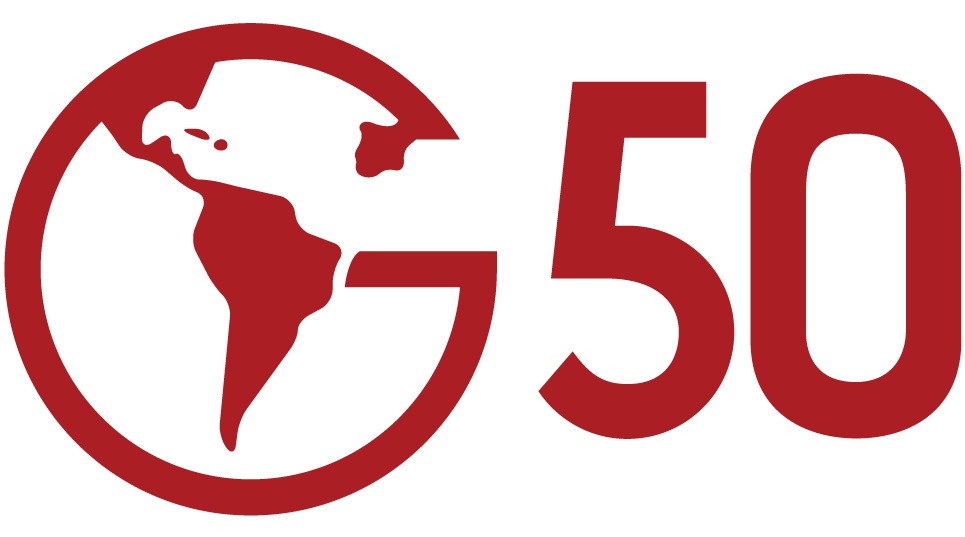TV portrayal of Chávez provokes anger in Venezuela
‘El Comandante’ aired across Latin America but blocked in late leader’s own country
by: Andres Schipani in Cajicá, Colombia
Financial Times
A fiery lieutenant-colonel named Hugo Chávez last week led hundreds of soldiers into central Caracas in a daring attempt to overthrow Venezuela’s president.
“This is a coup d’état,” declared the red beret-wearing paratrooper, shortly before being captured. “Those who want a different future without corruption, without misery, those who want a fatherland, stay with me!”
None of this actually happened last week; Chávez died nearly four years ago. It is a scene from the opening episode of a new 60-part television biography depicting the life of the charismatic late Venezuelan leader, which immediately stirred controversy in Latin America after being kept off the screens in his home country.
Chávez’s former wife labelled the show, El Comandante, as “rotten”, while Nicolás Maduro, his successor, dismissed it as “rubbish” — apparently without having seen it. The show annoyed the ruling Socialist party so much it commissioned a rival series that promises a different portrayal.
On the set of El Comandante in the town of Cajicá after episode one aired across the rest of Latin America, Andrés Parra, who plays Chávez, admits that “the reactions I get from people are very visceral”.
“Nobody in Venezuela can escape the figure of Chávez,” says the actor, best known for his TV depiction of another contentious Latin American figure, Pablo Escobar, the Colombian drug lord.
We have to show that — as Chávez concentrated power — he created a model that obviously has much to do with the catastrophe Venezuela is living today. That will irritate the government
Chávez’s legacy runs deep in a country that is suffering its deepest social and economic crisis in living memory. Chávez became president in 1999, seven years after the failed putsch made him a national hero, promising to alleviate Venezuela’s widespread poverty. But he also bequeathed Mr Maduro an oil-reliant economy teetering on recession and hobbled with double-digit inflation and food shortages.
Since Chávez succumbed to cancer in 2013 and Mr Maduro took over, Venezuela’s woes have worsened. Lower crude prices have played a part, but mismanagement and a tangled web of price and currency controls first imposed in 2003 are also blamed.
Moisés Naím, a former Venezuelan trade minister who created the show for Sony Pictures Television, defends the series, saying “this is not a biopic, this is not a biography, this is fiction”. Chávez was a worthy subject as he was “arguably the most talented politician we’ve had”.
He continues: “He seduced a country, a continent . . . Alongside Che Guevara and Fidel Castro, he belongs to the trilogy of Latin American leaders who acquired global fame.
“But we also have to show that — as he concentrated power — he created a model that obviously has much to do with the catastrophe Venezuela is living today. That will irritate the government.”
Sony did not license the show in Venezuela, meaning it was not technically banned. But Carlos Correa of advocacy group Espacio Público says some cable operators in Venezuela were told not to broadcast it by government officials.
“Blocking the transmission of El Comandante reminds us of theocratic regimes that burnt and banned books,” says José Guerra, an opposition lawmaker.
Ernesto Villegas, Venezuela’s communications minister, denies accusations of state censorship, although officials campaigned against the show with the slogan “here we don’t speak badly of Chávez”. Most of the criticism arose before the series had been shown; Chávez loyalists believe it was produced by Venezuelan émigrés who despise their former leader.
Mr Maduro said this weekend he had found the money for a rival depiction of Chávez’s life. The former president’s brother, Adan, current culture minister, previously said a state-funded series called The True Chávez was in the works. “We have to counterattack,” he said.
This is not the first time the screen depiction of a high-profile Latin American figure has caused controversy. The portrayal of Escobar in a different series, the Emmy award-winning Netflix version, was criticised by the cocaine baron’s son as inaccurate. A humanising 2003 documentary about Fidel Castro by Hollywood director Oliver Stone was abruptly pulled by US network HBO in retaliation for repressive moves by the Cuban regime.
Viewers outside Latin America will be able to make up their own minds, with El Comandante set for US release this year on NBC’s Spanish language network.
Rory Carroll, author of Comandante: Hugo Chávez’s Venezuela, says that while the leftwing nationalist Chávez is a very different character from US president Donald Trump, American viewers “may get a chill when they see the extent to which a democratically elected, charismatic showman can warp a country and its institutions”.
Mr Naím added: “The populist’s strategy is to obtain power by polarising. They defenestrate the media, create external enemies and internal foes who are not just political rivals but mortal enemies simply for thinking differently. This applies to Chávez who started it 18 years ago, and to Trump who is doing it now.”
Copyright The Financial Times Limited 2017. All rights reserved

